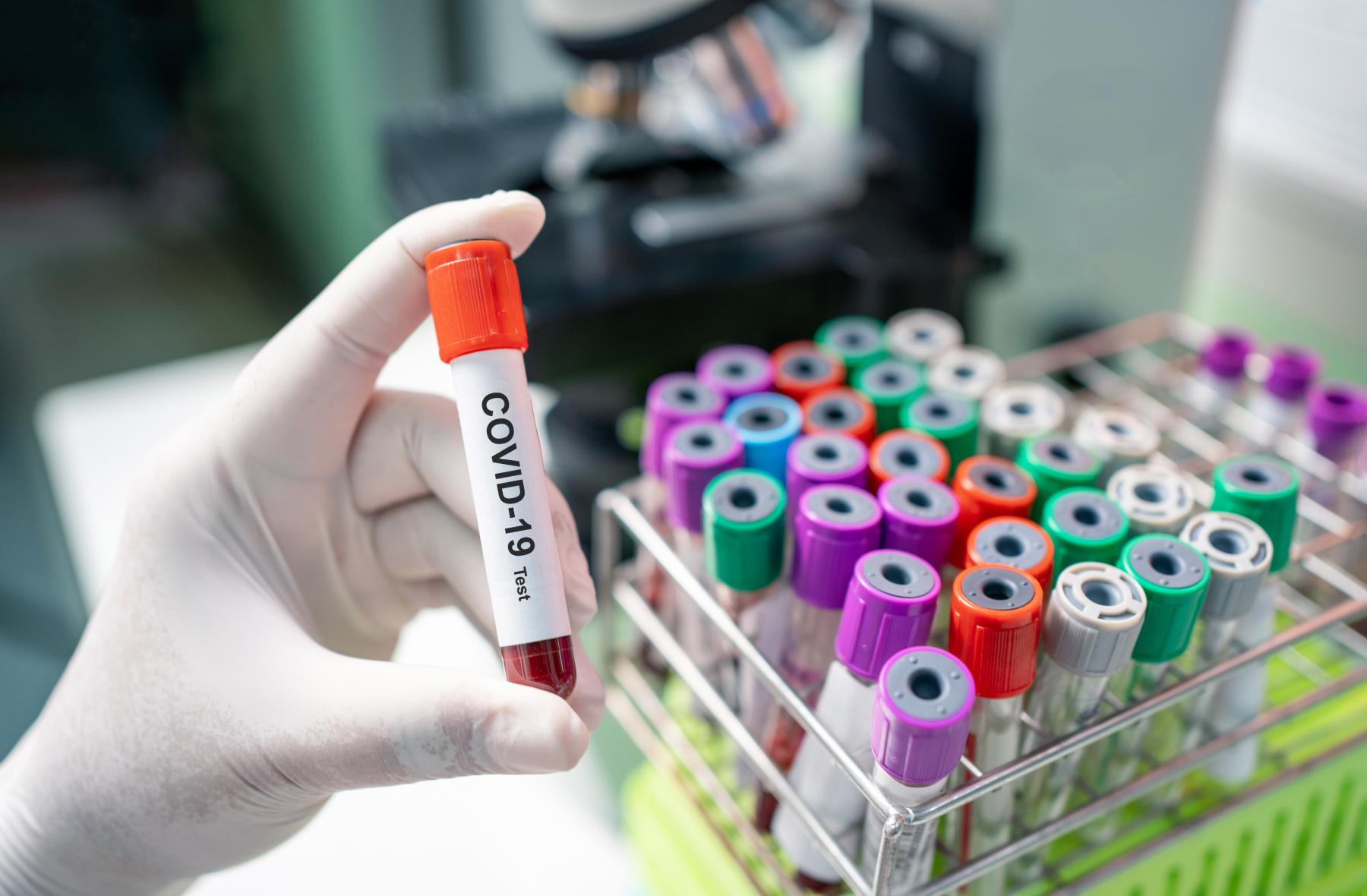UN Office for Coordination of Humanitarian Affairs (UN-OCHA), says it has scaled up emergency response measures to prevent the spread of Coronavirus in Internally Displaced Camps (IDPs) in northeast.
SEE ALSO: Stallionaire Oil Depot Tank Explodes In Lagos
Mr Edward Kallon, UN Humanitarian Coordinator, disclosed this in a statement by Eve Sabbagh, Head of Public Information, UN-OCHA, on Wednesday in Kano.
Kallon said that proactive measures were necessary to protect displaced persons affected by the decade-long conflict in Adamawa, Borno and Yobe States.
He warned that the humanitarian crisis from the pandemic could be high should it spread to the northeast because of the prevailing security challenges.
He said: “We will not wait for COVID-19 to reach camps for IDPs before we act.
“They have already suffered enough from the decade-long conflict and our priority is to ensure the continuous delivery of life-saving assistance especially health services to the most vulnerable women, children and the elderly who need special attention”.
According to him, it is crucial for vulnerable IDPs to have access to water, soap, shelter, food, education and protection.
Kallon said the UN, in collaboration with humanitarian partners, was supporting state governments, State Emergency Management Agencies (SEMA) and National Emergency Management Agency (NEMA) in developing emergency response plans in recognition of reality of the living conditions in host communities and IDP camps.
He explained that the plan include specific mitigation measures in overcrowded camps and camp-like settings where the risk of disease outbreak is higher.
The UN official added that key activities were being implemented jointly in the IDP camps, guided by global guidance on COVID-19 Outbreak Preparedness and Response.
“Humanitarian partners are installing hand-washing stations in IDP camps and ensuring supply of clean water. Partners are also distributing soap and teaching women how to produce their own.
“The UN is also planning to bring in vital health equipment and tools to prevent and treat the respiratory virus, which is now affecting over 12 states across Nigeria, with 131 total cases recorded as of March 31.
“UN has developed awareness raising and prevention messages, leaflets, posters, animations and videos specific for IDPs and other vulnerable people in the northeast. In partnership with major TV and radio channels, it has launched sensitization campaigns across various states, reaching millions of Nigerians.
“The UN is also launching a survey tool with the Network of People Living with HIV (NEPWHAN) to gather specific and arising challenges for people living with HIV on continuous access to quality treatment, care and support in the midst of the response to the outbreak of COVID-19,” Kallon said.

